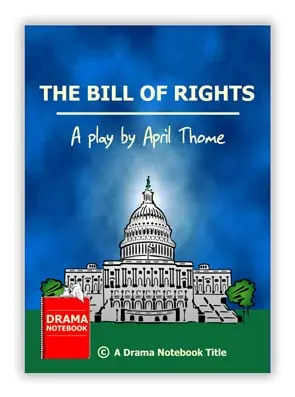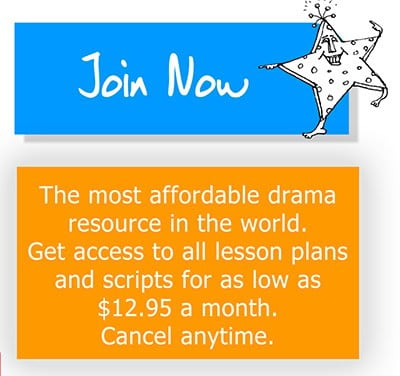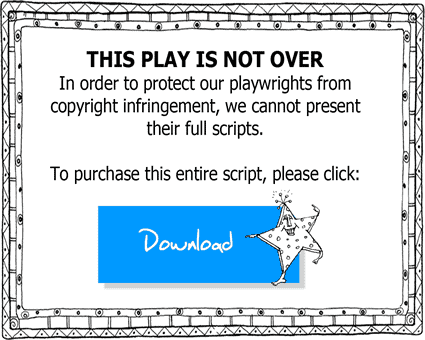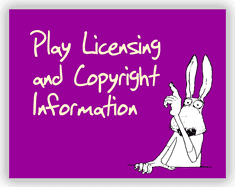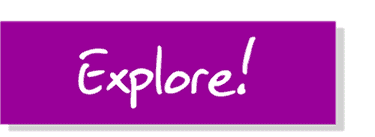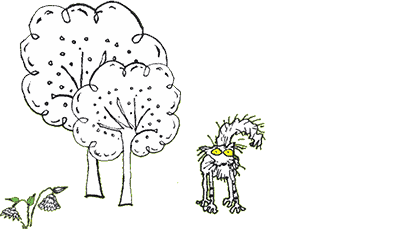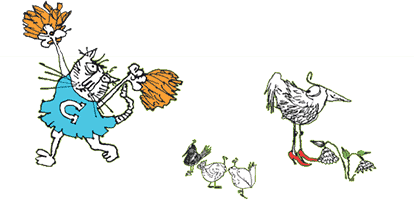Did you know that the United States may not have become a country if the Bill of Rights had not been added to the Constitution from the beginning? This play makes it clear why the Bill of Rights is important. The second half of the play shows five scenarios of what life might be like without the Bill of Rights. The audience will be challenged to make decisions about which amendment is being affected while watching each of the scenarios. What outcome do we hope the audience will take away? No question…deep appreciation for the Bill of Rights!
April Thome earned a B.A. in history education from the University of Washington and completed her fifth year at Central Washington University. Additionally, she completed training as an educational therapist through the National Institute for Learning Disabilities located in Norfolk, VA, and special training in study skills through the National Institute for Secondary Principals in Boston, MA. After working in both public and private schools as a teacher and administrator, in 1997 she founded the private program called “HomeLink Yakima” which offers once-a-week classes for home-schooled students of all ages. The KATS theater program grew out of HomeLink. Throughout the year, drama students have several opportunities to perform and devise their own work. Their theatre experiences are often connected to and enrich their studies in other subject areas, especially history.
Excerpt from the Play:
CHARACTERS
James Madison
Young John
Scientist
Announcer
Benjamin Franklin
Thomas Jefferson
George Mason
John Adams
2 Microphone Voices
George Washington
Drummer
+Several characters in the five scenarios about the Bill of Rights
On the stage is a table with papers placed upon it and a lit candle. Four men in colonial garments are standing around the table watching James Madison write some final words on parchment paper. In the background hangs a Betsy Ross flag.
Madison: (looking up happily at the other men)
There! The U.S. Constitution is finished.
(The other 4 men look at each other but appear discontent.)
Madison: (calling)
Young John! Bring me the quills for the signing!
(Young John enters the stage quickly, holding up two quills for display.)
Young John:
Here for the Founding Fathers are the founding feathers!
Madison: (taking the quills looks with amusement at Young John)
Founding feathers? (Young John nods vigorously smiling)
(Madison turns to the four men gathered around.)
Madison:
All right. Who is ready to sign this constitution, transforming it into the law of our new country?
(There is a long pause, the men shuffle and try to avoid eye contact as Madison looks to each man holding out a quill.)
Benjamin Franklin: (with an uncertain shrug)
Uh, Not me, Sir.
John Adams: (assertively)
The state of Massachusetts will never agree to ratify this constitution.
Thomas Jefferson: (puts his hand on Madison’s shoulder reassuringly)
It’s a good plan (pause)…but it will turn out like every other government constitution. The authorities will over-power the people eventually. Citizens will lose their rights and freedoms. It happens every time; (next words said with emphasis) every single time a new government is formed.
John Adams: (proclaiming loudly)
“[People have] rights…(apart from) all earthly governments—rights that cannot be repealed or restrained by human laws.”
Madison: (imploring the others)
In most countries of the world that have constitutions, people can speak freely.
Adams:
But eventually, if people are not careful, in most countries, there is no freedom for that person AFTER they speak freely. (pause for the audience to “get it”)
Madison: (still trying to persuade the others)
So you are saying that we need to add a list of citizens’ rights to our constitution? Doesn’t the constitution already include those?
(All the other delegates, shake their heads and disagree verbally.)
(Benjamin Franklin steps to the front of the stage.)
Benjamin Franklin:
Let me explain it this way. The people’s rights need to be listed in plain, everyday language so there is no mistake in understanding. If they are listed in writing, they safeguard liberty.
Why Subscribe?
 Inside Drama Notebook, you will find a huge collection of well-organized lesson plans, scripts for kids, drama activities, 50 drama games on video and more! Join today and dramatically reduce your planning time while delivering fresh, innovative drama lessons to your students! If you are new to teaching drama, this site will be a Godsend! You will immediately feel confident about teaching drama like an expert. The site guides you step-by-step and provides you with materials that you can use right away with your students.
Inside Drama Notebook, you will find a huge collection of well-organized lesson plans, scripts for kids, drama activities, 50 drama games on video and more! Join today and dramatically reduce your planning time while delivering fresh, innovative drama lessons to your students! If you are new to teaching drama, this site will be a Godsend! You will immediately feel confident about teaching drama like an expert. The site guides you step-by-step and provides you with materials that you can use right away with your students.
If you have been teaching for years, Drama Notebook will inspire you with a fresh new approach and innovative ideas!
The site is packed with original, innovative lessons and activities that you will not find anywhere else—and new materials are added monthly.
This site is protected by reCAPTCHA and the Google Privacy Policy and Terms of Service apply.


